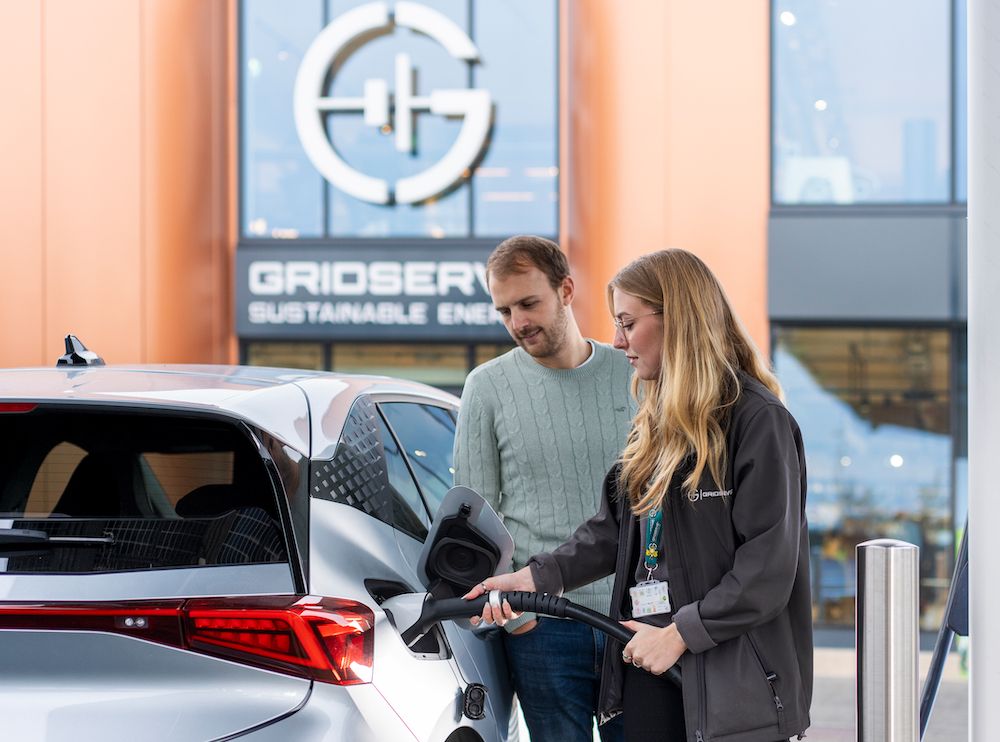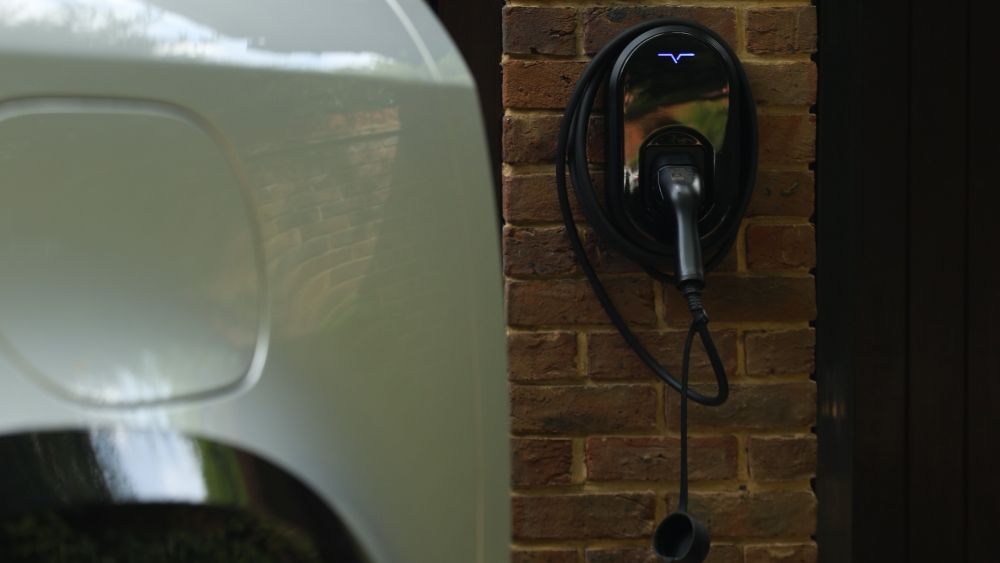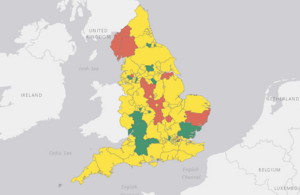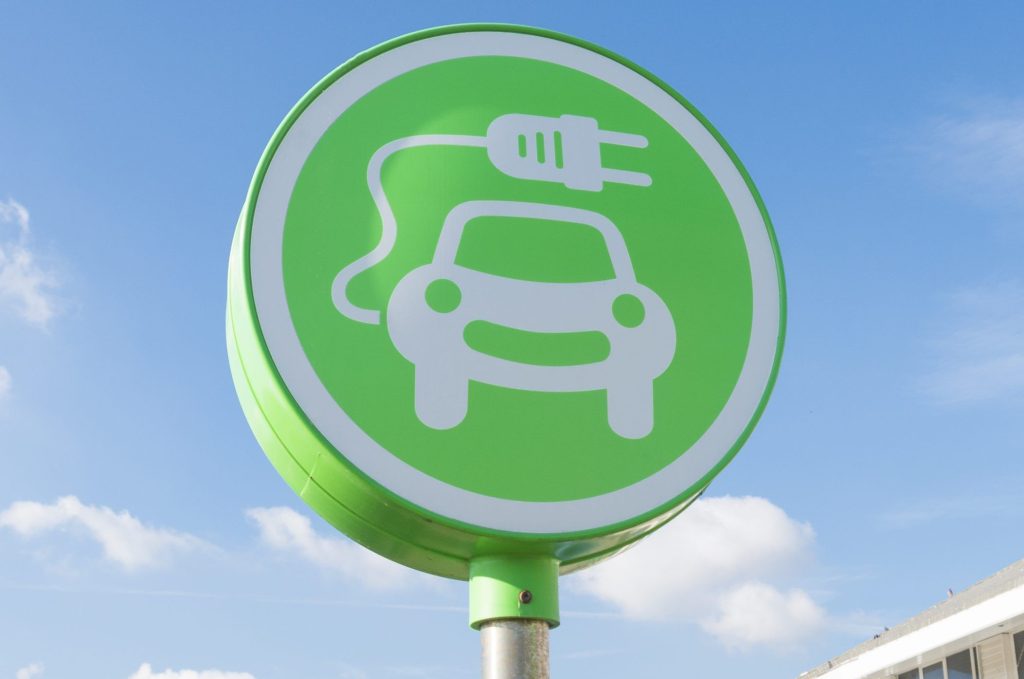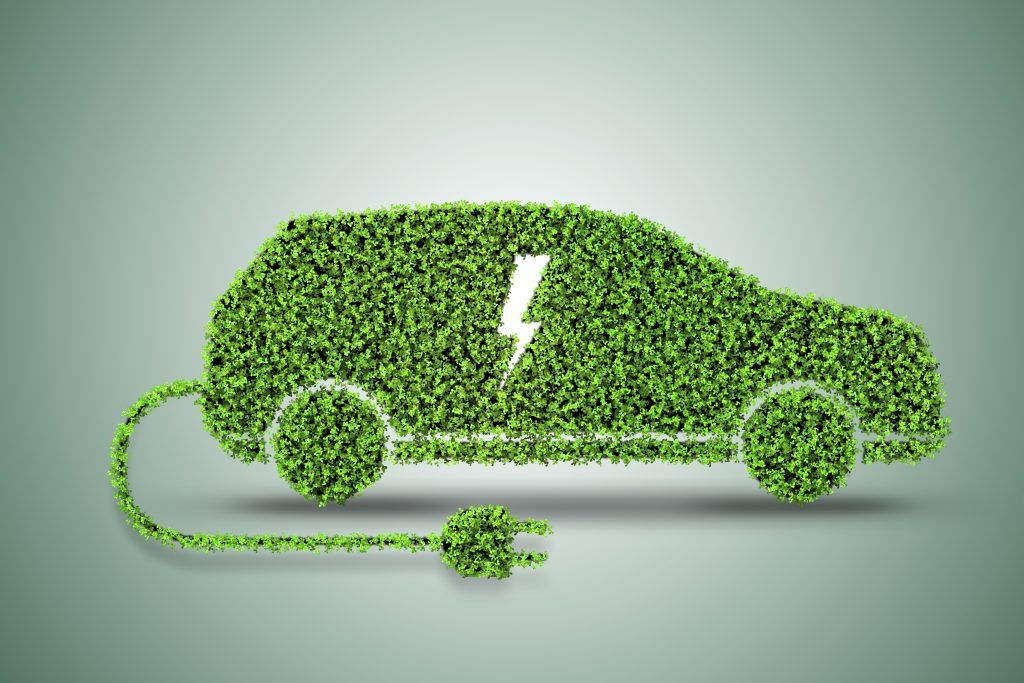Half (49%) of UK drivers would switch to electric vehicles (EV) sooner if public charging carried the same VAT rate as charging at home, according to new research.
The study by EV charging firm GRIDSERVE found that the 20% VAT rate on public charging was placing a greater burden on those without access to private charging. The news comes as MPs are set to debate the issue on Friday (13 June).
The research found that younger age groups are even more likely to go electric with a lower VAT rate with 84% of 18–24-year-olds and 76% of 25–34-year-olds saying they’d be more inclined to switch under a more even tax structure.
Londoners are also much more likely to switch compared to the wider public with a lower VAT rate, with three in four (77%) saying they would be more likely compared to the national average of almost half (49%).
Two in five (41%) across the nation believe that it’s unfair that people without home chargers pay a higher VAT rate for charging.
Industry data from Zapmap shows that the typical EV driver without a home charger spends £1,690 yearly on charging – and could save around £211 a year with a VAT change.
Drivers with at-home charging save around £1,000 per year compared to those without home charging – and around £800 compared to typical internal combustion engine (ICE) drivers.
The research findings suggest that cost remains the biggest incentive to switching to electric, as over a third (36%) believe that lowering VAT on public charging would make EV ownership more accessible and accelerate the switch to electric vehicles. Almost half (45%) want effort from the UK Government to make EV ownership more cost-effective.
GRIDSERVE is calling on the government to address this imbalance and back proposals that would bring the VAT rate on public charging in line with home use, making EV ownership more equitable and accelerating the UK’s shift to net zero.
The news also follows the long-running FairCharge campaign led by Quentin Willson which has called for VAT parity between public and domestic charging.
Daniel Kunkel, CEO at GRIDSERVE, said:
“Removing VAT from public charging would be a significant move towards levelling the playing field and making EV ownership easier for everyone, no matter where they live. The current disparity between the 20% VAT on public EV charging and the 5% on home charging puts a disproportionate financial burden on those without home charging facilities, which could affect more lower-income households.
“Ahead of the MPs debate on VAT rates set to take place on Friday, we urge the government to take this opportunity to demonstrate its commitment to fairness and climate action by supporting this bill and ensuring public charging is not only reliable and widespread but also equitable for all.”
Image courtesy of GRIDSERVE



